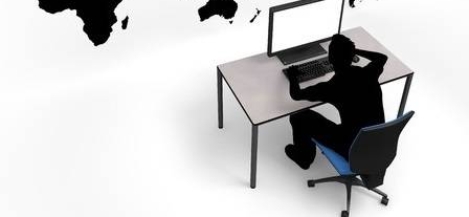June 23, 2016
How could UK employment laws be affected by the outcome of the Brexit vote? 0
 The result of yesterday’s EU referendum vote will dominate the UK’s political scene for months now and the outcomes will be followed with particular interest by business owners, who currently have to adhere to a range of employment laws that either originate from the EU itself or have been developed within the context of our membership of the organisation. Therefore, a vote for Brexit today could fundamentally change the way businesses operate in the UK. This is particularly true given that a large amount of the UK’s employment law has its roots in Brussels. Article 153 of The Lisbon Treaty set the precedent for this. It allowed the EU to create a base level of legislation that applies to all facets of the workplace. This includes working hours, workers’ rights, and health and safety. Individual nations are free to supplement this with their own legislation. For example, the minimum wage is an example of employment legislation that is independent of the EU.
The result of yesterday’s EU referendum vote will dominate the UK’s political scene for months now and the outcomes will be followed with particular interest by business owners, who currently have to adhere to a range of employment laws that either originate from the EU itself or have been developed within the context of our membership of the organisation. Therefore, a vote for Brexit today could fundamentally change the way businesses operate in the UK. This is particularly true given that a large amount of the UK’s employment law has its roots in Brussels. Article 153 of The Lisbon Treaty set the precedent for this. It allowed the EU to create a base level of legislation that applies to all facets of the workplace. This includes working hours, workers’ rights, and health and safety. Individual nations are free to supplement this with their own legislation. For example, the minimum wage is an example of employment legislation that is independent of the EU.



































June 24, 2016
Property and workplace experts have their say on the Brexit outcome 0
by Mark Eltringham • Architecture, Comment, Facilities management, Property, Workplace, Workplace design
(more…)